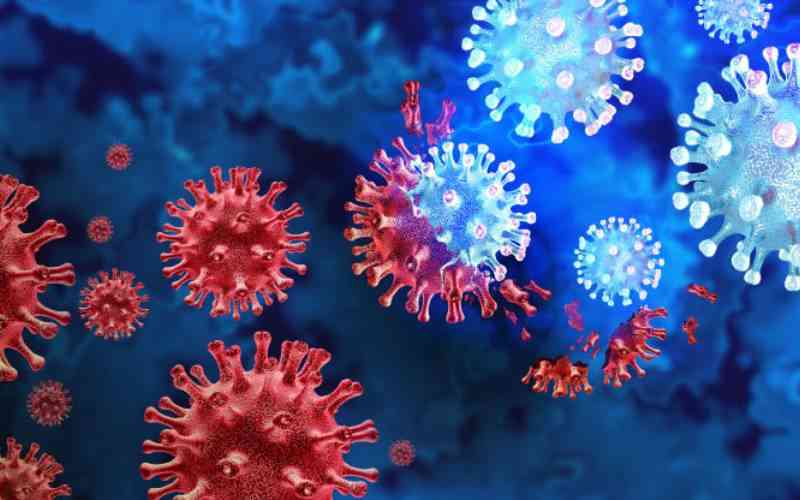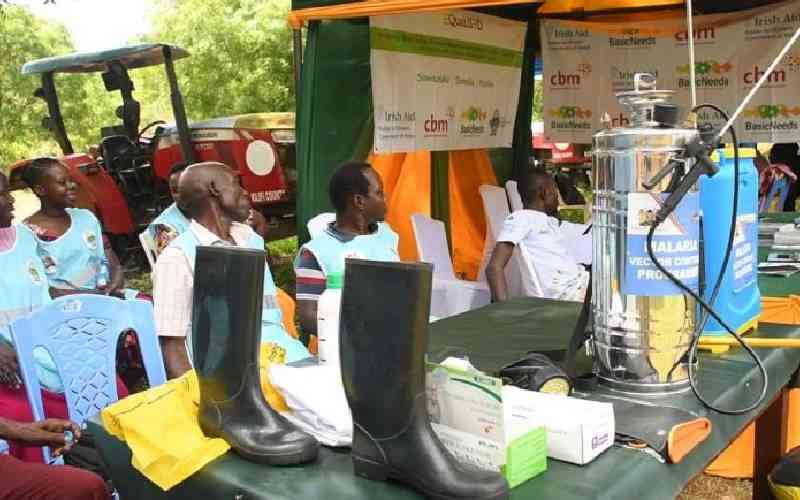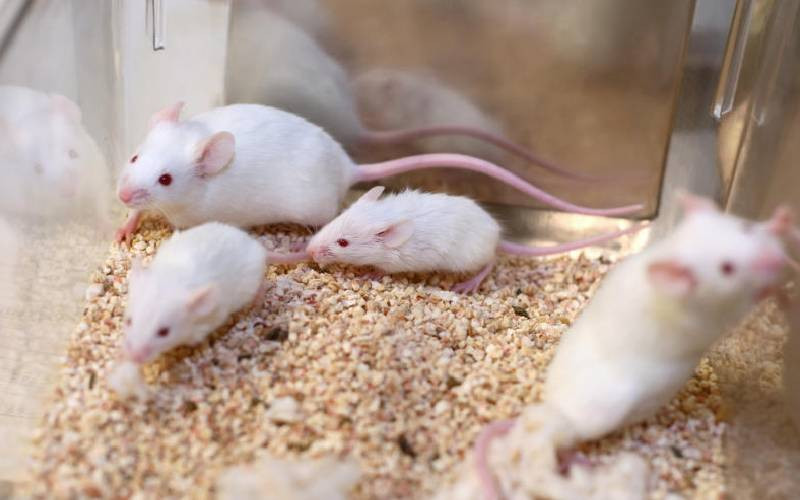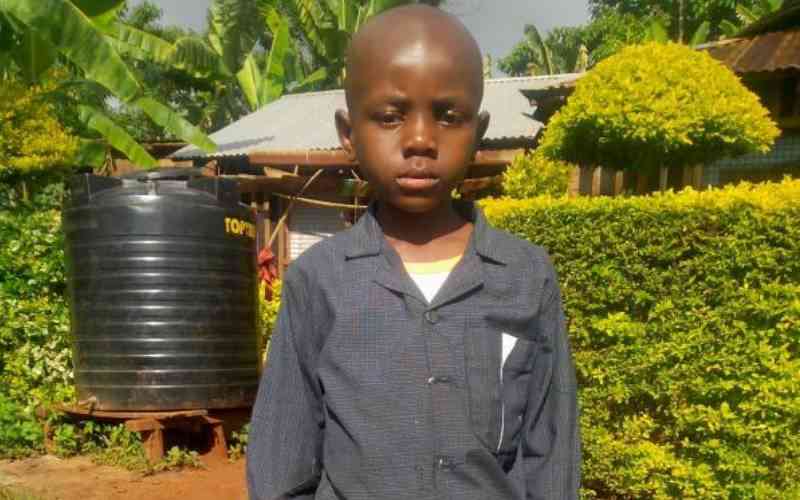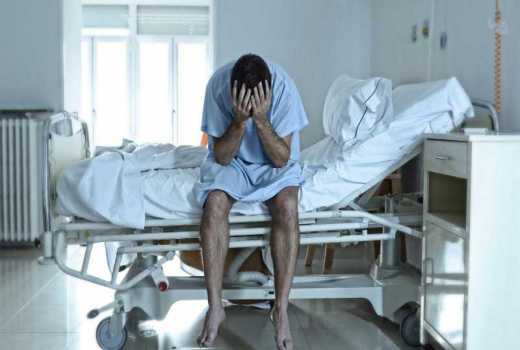
Cancer experts want health insurance made compulsory for all Kenyans while politicians want the disease declared a national disaster.
It emerged from three separate events held this week that poverty may be the biggest obstacle in cancer treatment and control.
Reports from Moi Referral and Jaramogi Odinga hospitals showed that many children and women are dying of cancer because they can’t afford treatment.
In a day the National Assembly called for cancer to be declared a national disaster, doctors suggested that National Hospital Insurance Fund (NHIF) registration be made mandatory.
The doctors at Moi Referral and Teaching Hospital (MRTH) published evidence showing children with NHIF cover at diagnosis were most likely to survive cancer after treatment.
On the other hand, children without NHIF cover at diagnosis were most likely to present themselves for treatment at late stages of the disease with poor treatment results.
Most of such uninsured children, the doctors said, are seen to abandon treatment due to the high costs involved.
Of 63 children managed for cancer at MRTH for a three-year period, 35 per cent had abandoned treatment, with 22 of them not insured.
In the study published in the US National Library of Medicine on Wednesday, doctors at MRTH and their colleagues from The Netherlands and American universities say the 22 abandoned treatment for lack of money.
Special fund
Meanwhile in Nairobi, the National Assembly was discussing a motion calling for cancer to be declared a national disaster. Moving the motion, Laikipia Woman Representative Catherine Waruguru said cancer should be declared a national disaster and a fund established to help manage the disease.
The MP argued that a cancer fund would go a long way in assisting 30 per cent of patients whose conditions are treatable if detected in early stages.
She wants cancer care centres established in all the 47 counties to ease transportation cost for patients currently traveling long distances to regional or national hospitals.
The previous day (Tuesday), a team of researchers at Jaramogi Oginga Odinga Teaching and Referral Hospital (JOOTRH) in Kisumu detailed how women with cervical cancer at the facility are struggling to survive.
In their study published in the journal BMC Health Services Research, the team said it had investigated 334 women with cervical cancer at the hospital.
Of these, 291 had problems paying for medication, 281 meeting travel costs and 250 paying for diagnostic tests. Only 30 of the women had an NHIF cover. “Most of the women could not travel to Kenyatta National Hospital or Mulago hospital in Uganda where they had been referred for treatment due to financial challenges,” says the new study.
The women said they were forced to skip medication or tests when required to seek them in private facilities when equipment break down at the Jaramogi hospital.
Confronted with these problems, the authors Jane A Owenga and Erick Otieno Nyambedha of Jaramogi Oginga Odinga University of Science and Technology say many patients are abandoned in the hospital where they stay until they were given a waiver or succumbed to the disease.
Too little too late
“Others went back home to die when they could not raise funds for treatment,” says the study. Putting a strong case for the mandatory registration with NHIF, doctors at MRTH led by Hugo A Martijn found children with insurance were likely to be presented early for treatment.
Of the 62 children treated during the study period, 17 had insurance cover at the time of diagnosis while 45 per cent had no cover.
“More uninsured than insured children come to the hospital with a substantial delay manifesting in stage III or IV of disease,” says the study.
Although those children who had come to the hospital without insurance were helped to register with NHIF, for most it was too little too late.
www.rocketscience.co.ke
 The Standard Group Plc is a multi-media organization with investments in media
platforms spanning newspaper print
operations, television, radio broadcasting, digital and online services. The
Standard Group is recognized as a
leading multi-media house in Kenya with a key influence in matters of national
and international interest.
The Standard Group Plc is a multi-media organization with investments in media
platforms spanning newspaper print
operations, television, radio broadcasting, digital and online services. The
Standard Group is recognized as a
leading multi-media house in Kenya with a key influence in matters of national
and international interest.

